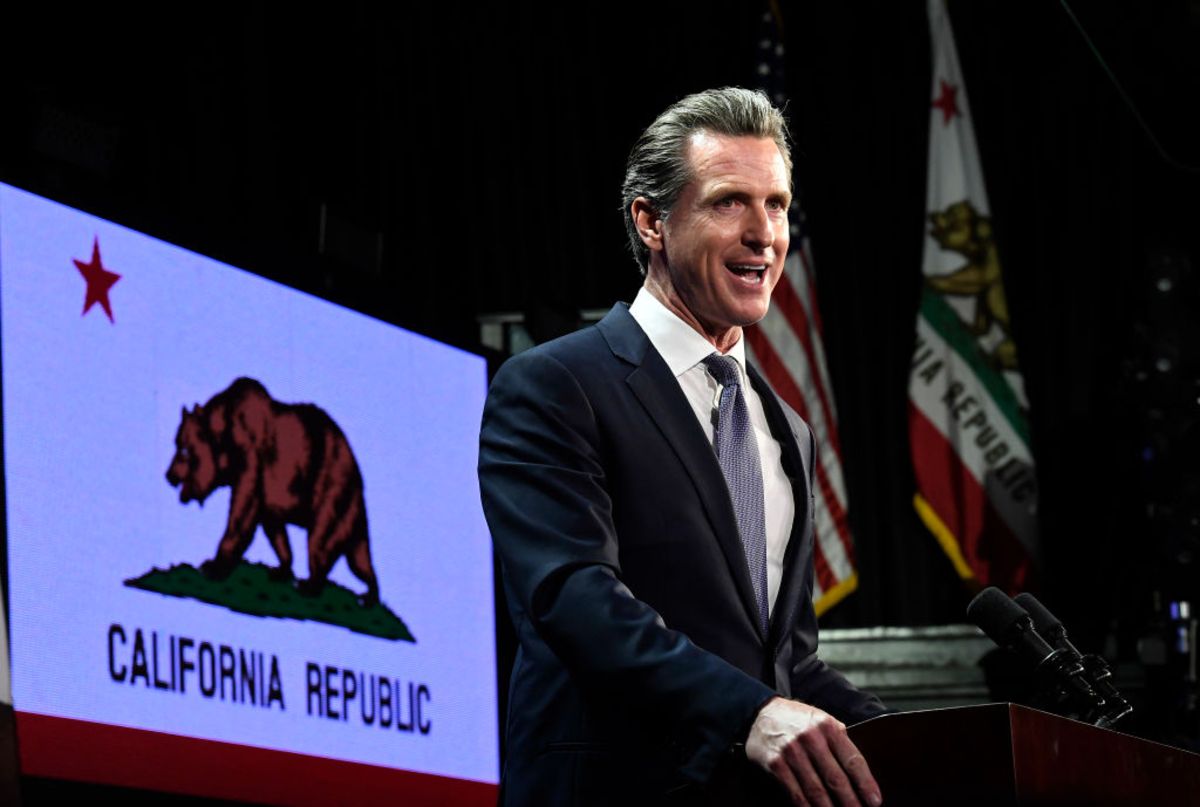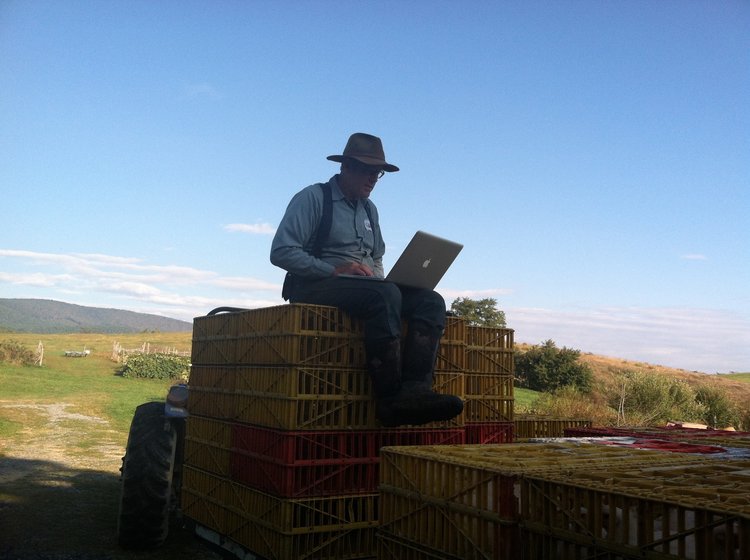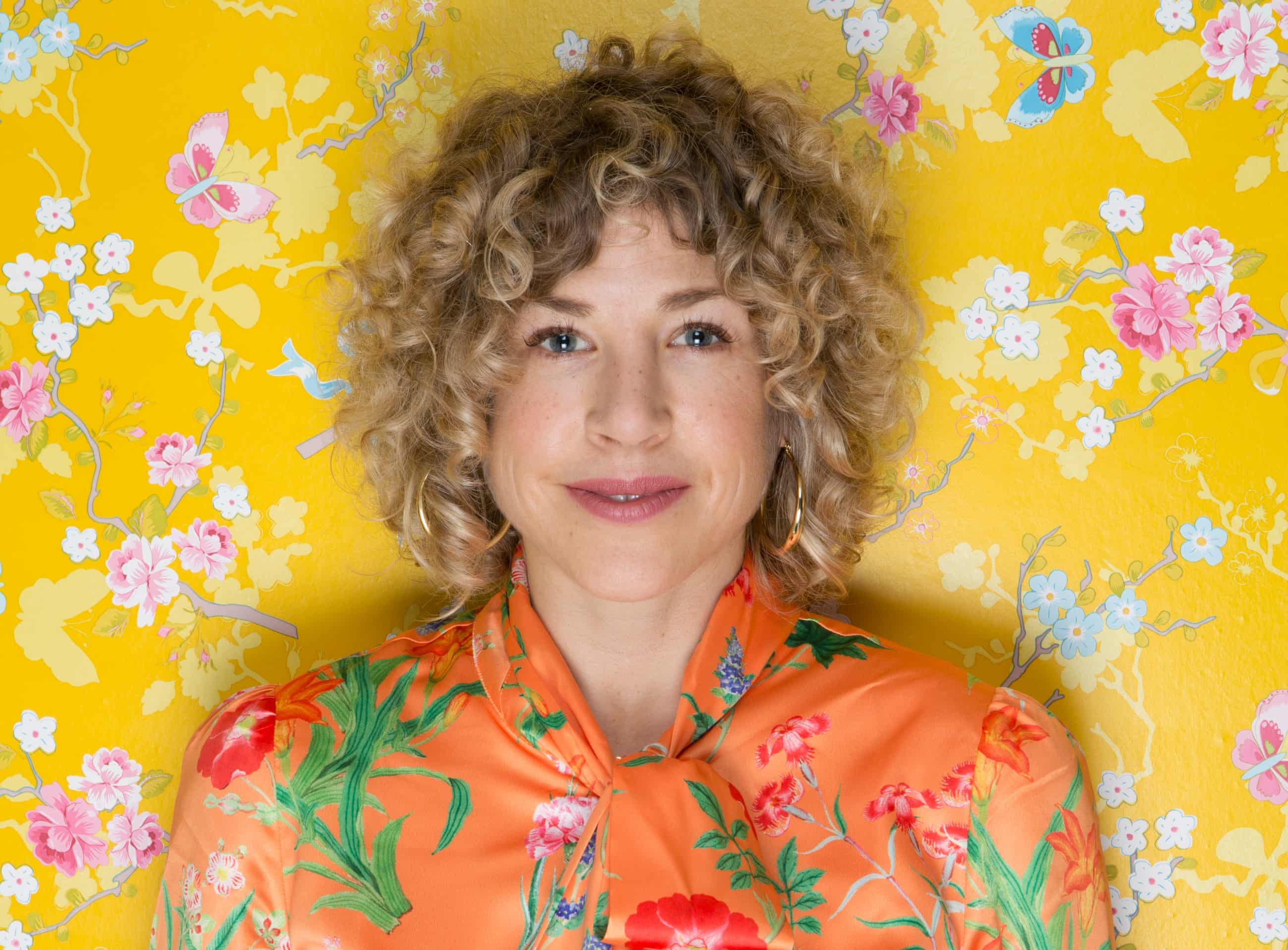The Privilege of Play: Why the world’s game is a white game in the U.S.
Henry BushnellYahoo SportsSep 22, 2020, 11:00 AM “The Privilege of Play” is a Yahoo Sports series examining the barriers minority groups face in reaching elite levels of competition in swimming, racecar driving, soccer and hockey. This is a story about opportunity. It begins in Columbia Heights, a gentrifying neighborhood in Washington D.C., where elite soccer opportunities barely exist. But several years ago, on a lively field behind a public charter school, Precious Ogu clearly deserved one. She glided past helpless middle schoolers that afternoon, unaware of where the sport she loved could take her. She didn’t know much about high-level youth soccer; didn't know how to progress beyond after-school games. Fortunately, an onlooker did. Amir Lowery, executive director of the Open Goal Project, connected her with a travel program. Precious, the Black daughter of a Nigerian mother, showed up to try out. And she remembers being “shocked.” She’d grown up surrounded by…











